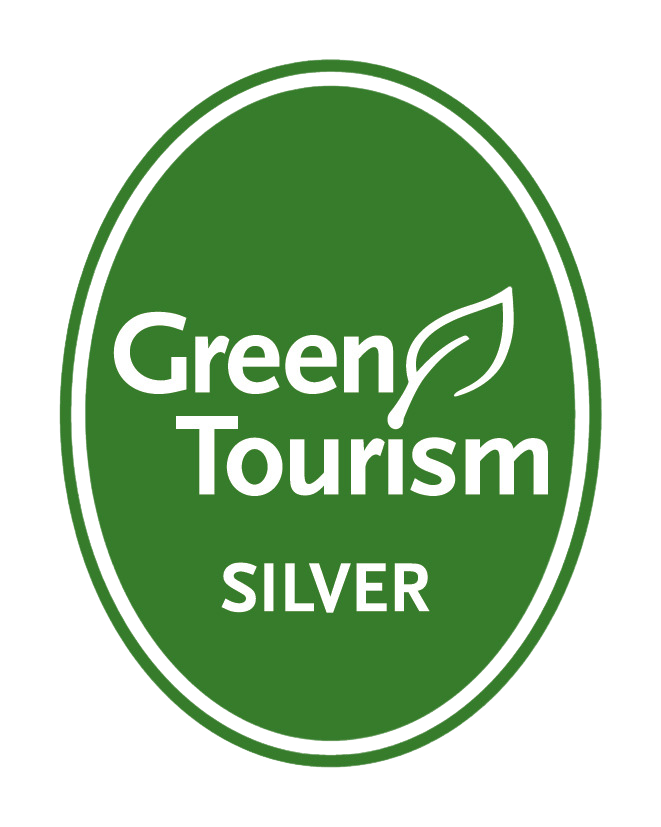The Tourism All Party Parliamentary Group (APPG) has published an interim report as part of its inquiry into the impact of the sharing economy on the UK tourism industry (focusing mainly on accommodation), how to maximise the benefits it provides while reducing any adverse impacts.
A final report will be produced in May, which will set out a series of recommendations. The interim report summarises the main issues that emerged from evidence received in six main points, set out below. The full report can be viewed here.
- As a principle, all businesses offering accommodation in the visitor economy, whether existing ones or new ones enabled by the sharing economy and its platforms, should compete on a level playing field. The basis for this level playing field – that tourism should be sustainable for both customers and local communities, should be firmly established.
- There is an urgent need to independently clarify and codify the adequacy of the various checklists or other security assurances offered by sharing economy platforms, particularly in respect of fire, gas and electrical safety regulation. These are areas where traditional visitor accommodation businesses are both regulated and inspected, but there is no comparable ability for regulatory authorities to inspect sharing economy businesses.
- Much more attention needs to be given, and evidence sought, as to the experiences of, and impact on, those living in close proximity to properties being used regularly by sharing economy businesses. This will need to address not only concerns about noise or anti-social behaviour that might be experienced, but also concerns about safety compliance and legal cover.
- The implications of local enforcement agencies having inadequate resources to carry out adequate safety inspections of sharing economy businesses due to severe budgetary restrictions must be grasped. The interim report calls urgently for more research to better understand how this is impacting on safety – evidence suggests that the expansion of the sharing economy is, in some cases, significantly affecting smaller coastal, rural and inland destinations where local authority resources are stretched.
- The inquiry received strong arguments for a ‘soft touch’ statutory registration scheme for all visitor accommodation that might operate via an online implied consent registration process, and will consider this further.
- Suggestions were made to the the APPG inquiry that a flexible approach should be used in limiting the number of days that a sharing economy property could operate, both as a mechanism to safeguard housing stock for residents and to minimise the impact on residential neighbourhoods. While this was discussed largely in the context of London (which has a 90 day limit), there are other cities and large towns where variable limits (either greater or lower than 90 days) could be introduced, depending on local factors and experience.
Ahead of the final report in May, the Tourism APPG are welcoming further observations or evidence relating to the above points. UKinbound members are welcome to submit their views to [email protected] by Friday 27 April.











